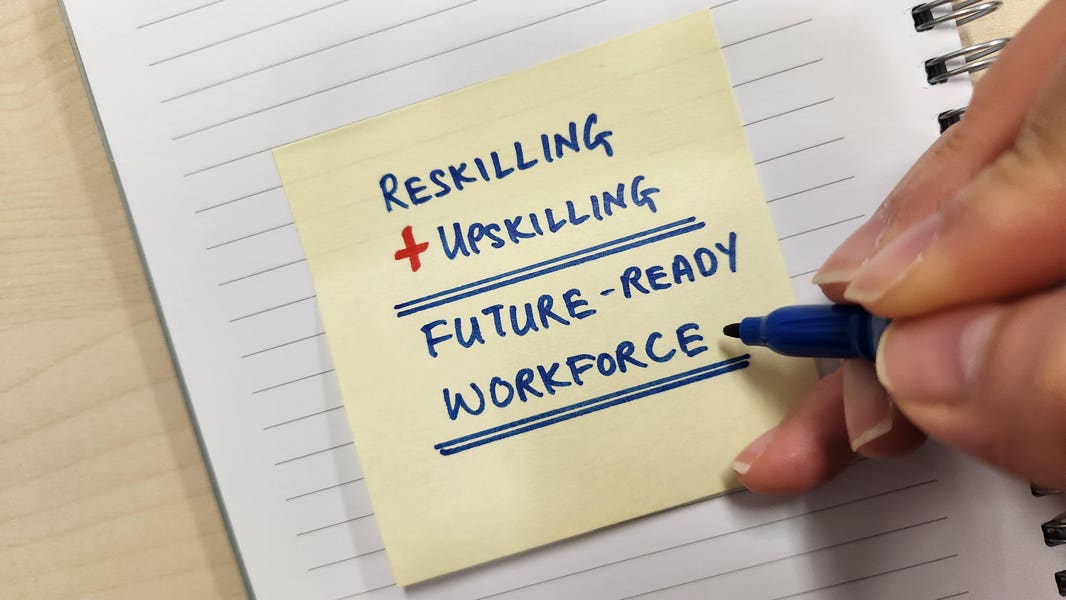The future of humanity is becoming increasingly intertwined with artificial intelligence (AI), a technological advancement that holds the potential to transform industries and streamline operations. Despite the promises it brings, there is also a sense of uncertainty, especially among workers who are apprehensive about the possibility of being replaced by software and machines.
Transparent communication regarding your company’s AI strategy and its impact on the workforce can foster trust and engagement among employees. Corporate leaders must navigate this transition thoughtfully by embracing AI while also investing in the upskilling and reskilling of employees to collaborate effectively with these evolving technologies.
According to a recent study by the World Economic Forum, it is projected that by 2025, around 85 million jobs could be displaced due to changes in the division of labor between humans and machines. However, this shift may also lead to the emergence of approximately 97 million new roles that are better suited to the evolving landscape involving humans, machines, and algorithms.
This highlights the significance of preparing your teams for the era of AI without resorting to mass layoffs.
One recommended course for non-technical professionals is “AI for Everyone” available on Coursera, which is spearheaded by the esteemed AI expert Andrew Ng. This course provides a well-structured overview of AI’s influence on both business and society, divided into four modules tailored for non-technical individuals.
Another notable resource is Fast.ai, founded by Jeremy Howard, renowned for its practical approach to teaching deep learning. This platform and AI community have gained recognition for making deep learning accessible to a broad audience without the need for extensive mathematical or technical background. Fast.ai is recognized as the longest-standing and most widely utilized deep learning course globally, having propelled numerous careers in research, industry, and startups.
Several institutions offer complimentary certification in Generative AI, with Databricks being a prominent provider.
By offering training initiatives and continuous opportunities for (free) learning, organizations can empower their workforce with the necessary skills to adapt to an AI-driven environment.
Rather than perceiving AI as a threat, companies should position it as a tool that can augment human capabilities instead of replacing them entirely. For instance, AI can handle repetitive tasks, enabling employees to concentrate on more creative and strategic aspects of their roles. This approach not only boosts productivity but also enhances job satisfaction.
The rise of AI should not be viewed as a precursor to job displacement but rather as a catalyst for growth and innovation. It is incumbent upon companies to prepare their employees for the future by investing in upskilling and fostering a positive outlook towards change. Through these efforts, the challenge posed by AI can be transformed into a tangible competitive advantage.
Staying abreast of the learning curve is imperative. What AI courses are you considering exploring this year?










